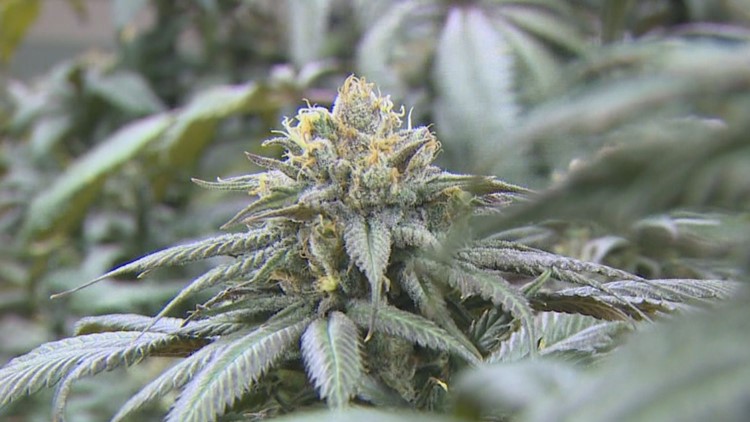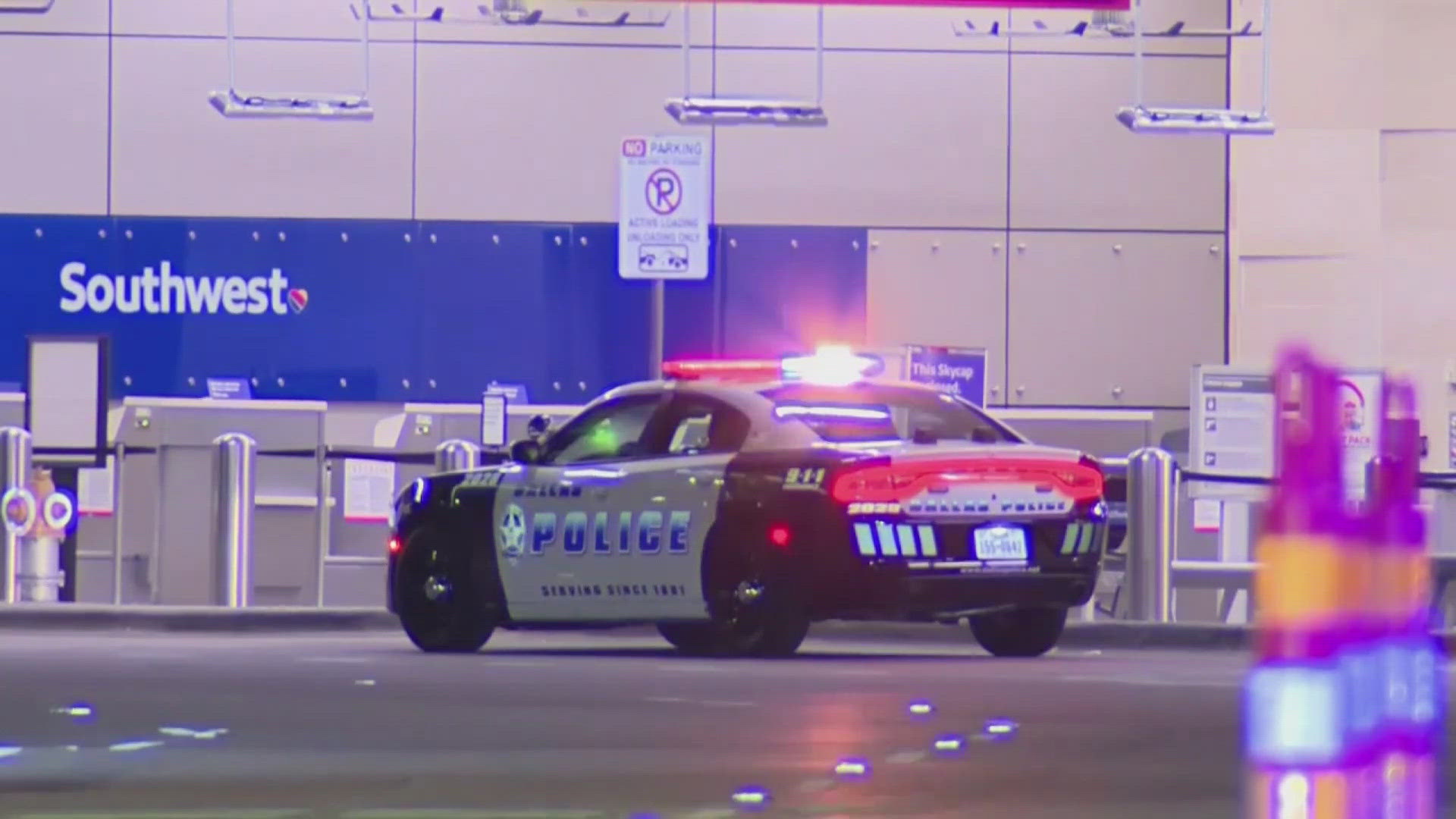The U.S. Forest Service says some large drug cartels are using the nation's public forests to illegally grow marijuana.
The vastness of these forests hide these operations, sometimes for years, NPR reported. And, the insecticides and other chemicals are poisoning native wildlife and natural water sources.
"The true crime here is the fact that they're killing off basically America's public lands, killing off the wildlife, killing off our water," Kevin Mayer, a U.S. Forest Service law enforcement assistant special agent in charge, said to NPR. "This is stuff that, you know, it's not gonna repair itself."
Illegal marijuana operations on public lands are considered one of the worst cannabis-related problems in the country, according to Colorado-based historian Nick Johnson. In a blog post for Colorado State University, Johnson explains since the 1980s, illegal marijuana growers "have dumped millions of pounds of plastic and other trash into public forests, poisoned wildlife with pesticides and fertilizers, siphoned water from streams, clear-cut trees, and posted a threat to visitors and authorities alike with booby traps and guns."
National Geographic said marijuana grows on public lands are especially prevalent in an area of Northern California called the "Emerald Triangle." The area is named because of the amount of marijuana, both legal and illegal, that is grown there.
Special Agent Stephen Frick told National Geographic that in 2018, the agency removed more than a million cannabis plants from public lands. But, the Forest Service still believes many grows are still left undetected.
Wildlife ecologist Greta Wengert says illegal pot growers are using more poisons and spreading them more indiscriminately to protect their crops from insects and other pests. Some of her research for the Integral Ecology Research Center found alarming levels of pesticides poisoning entire food chains in California's state forests.
When certain species are exposed to pesticides and die from them, it begins a chain reaction of poisoning and death for the animals and insects that feed off those species.
Mourad Gabriel, another wildlife disease ecologist, compared this type of poisoning to DDT, the infamous insecticide that almost wiped out several species, including the bald eagle, before being banned in 1972.
In his blog post, Johnson said he believes increased law enforcement hasn't prevented illegal marijuana growing on public lands, but rather it has "only driven up and sustained the price of marijuana." Johnson believes the solution is to legalize marijuana around the country.
What other people are reading right now:
FREE 10NEWS APP:





